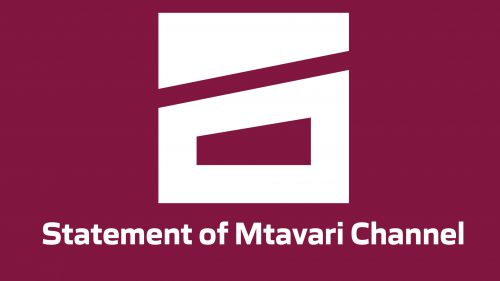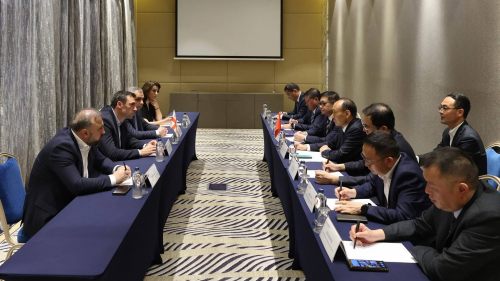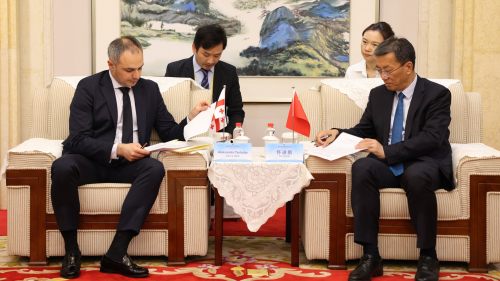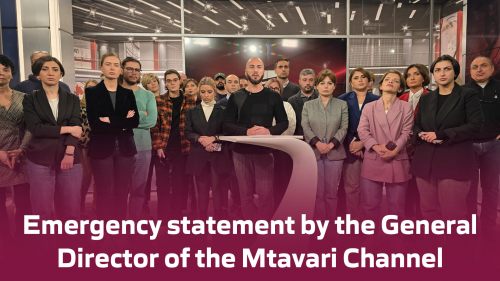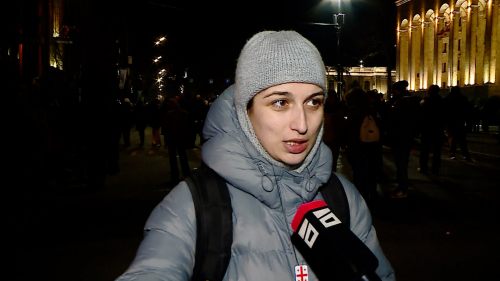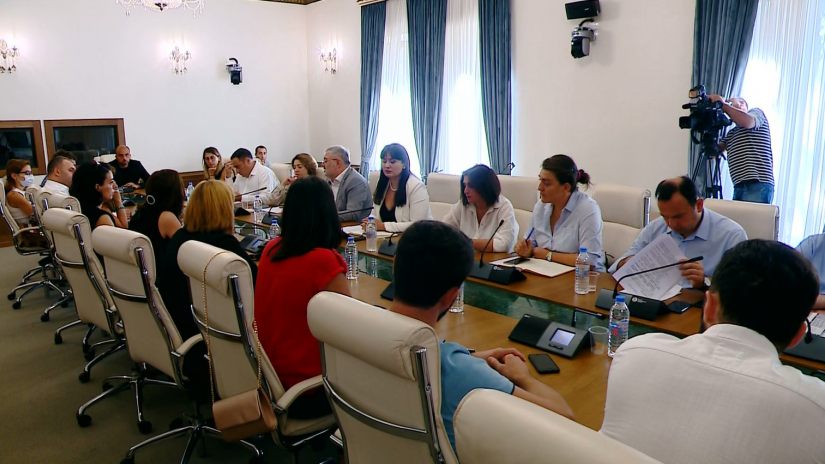
In relation to the recommendations of the European Commission, the parliamentary opposition parties and independent MPs release a statement and note that together with the third sector, independently of the Georgian Dream, they have prepared a plan for the implementation of the 12 points of the European Union.
Opponents of the government note in their statement that most of the initiatives are in line with the views of the non-governmental sector and are in line with the recommendations and conclusions of the European Commission, Venice Commission, OSCE/ODIR and other international organizations.
In addition, they write that final meetings on de-oligarchization, judicial, electoral and media issues are planned for this week.
Their plan will be made public next week.
The website of the Mtavari Channel offers the following statement unchanged:
"Implementation of the 12 recommendations of the European Commission, obtaining candidate status and later membership in the European Union is a historic chance and a big task for Georgia.
Unfortunately, from the very beginning, right after receiving the recommendations, the Georgian Dream made three specific reservations, fundamentally against the implementation of the recommendations of the European Commission.
Reservation 1: Deoligarchization will not affect Bidzina Ivanishvili; moreover, oligarchs are the founders of some opposition parties and critical media outlets.
Reservation 2: Georgian Dream does not recognize the presence of clans and politicized justice in the judiciary and tries to implement court-related recommendations by formally addressing procedural issues.
Reservation 3: The Georgian Dream has refused to implement the constitutional changes already agreed upon in the Charles Michel Agreement, and considers the silencing of the opposition spectrum and critical media, including the government's anti-Western messages, to be depolarizing.
At the same time, the Georgian Dream launched an information attack against the pro-Western opposition spectrum, non-governmental organizations, ambassadors, US and EU institutions, using the Russian method of hybrid warfare, under the pretext that all of the above wanted to start a war in Georgia and open a second front. Moreover, one of the main messages of the leaders of the ruling party to the population was that obtaining candidacy was linked to going to war, not to complying with the recommendations of the European Commission.
In addition, the Georgian Dream sharply restricted the participation of reputable non-governmental organizations funded from the West (Fair Elections - ISFED) in the government-organized work process, which was accompanied by protests from other reputable non-governmental organizations.
Regardless of the position of the Georgian Dream, having received recommendations, we asked to convene an extraordinary session of the Parliament of Georgia to agree together, with the participation of the ruling party, on a common action plan and to start working on specific directions. Unfortunately, the Georgian Dream boycotted the parliamentary process and pointedly locked the doors of the session hall.
We, the parliamentary opposition parties and independent MPs, then had to start working independently from the government to prepare the necessary initiatives.
The process was inclusive, involving the nongovernmental sector, unlike the virtually one-party, non-transparent and non-inclusive process organized by the state.Over the summer, in active collaboration with the nongovernmental sector, we prepared the decisions and legislative initiatives necessary to implement the European recommendations in all twelve areas. Most of the initiatives we prepared are in line with the views of the non-governmental sector and are in line with the recommendations and conclusions of the European Commission, the Venice Commission, the OSCE/ODIR and other international organizations. Last week, the concepts and initiatives developed were presented to the civil sector. Final meetings on de-oligarchization, the court, elections, and the media are scheduled for this week. Next week, after the final agreement, the document will be made public, and by the end of September the corresponding bills will be initiated in the Parliament of Georgia.
We reiterate that the main political task is to implement the recommendations of the European Commission, for which we are ready to take responsibility for the initiatives presented by us and support all the initiatives needed to actually implement the recommendations of the European Commission," reads the statement.



